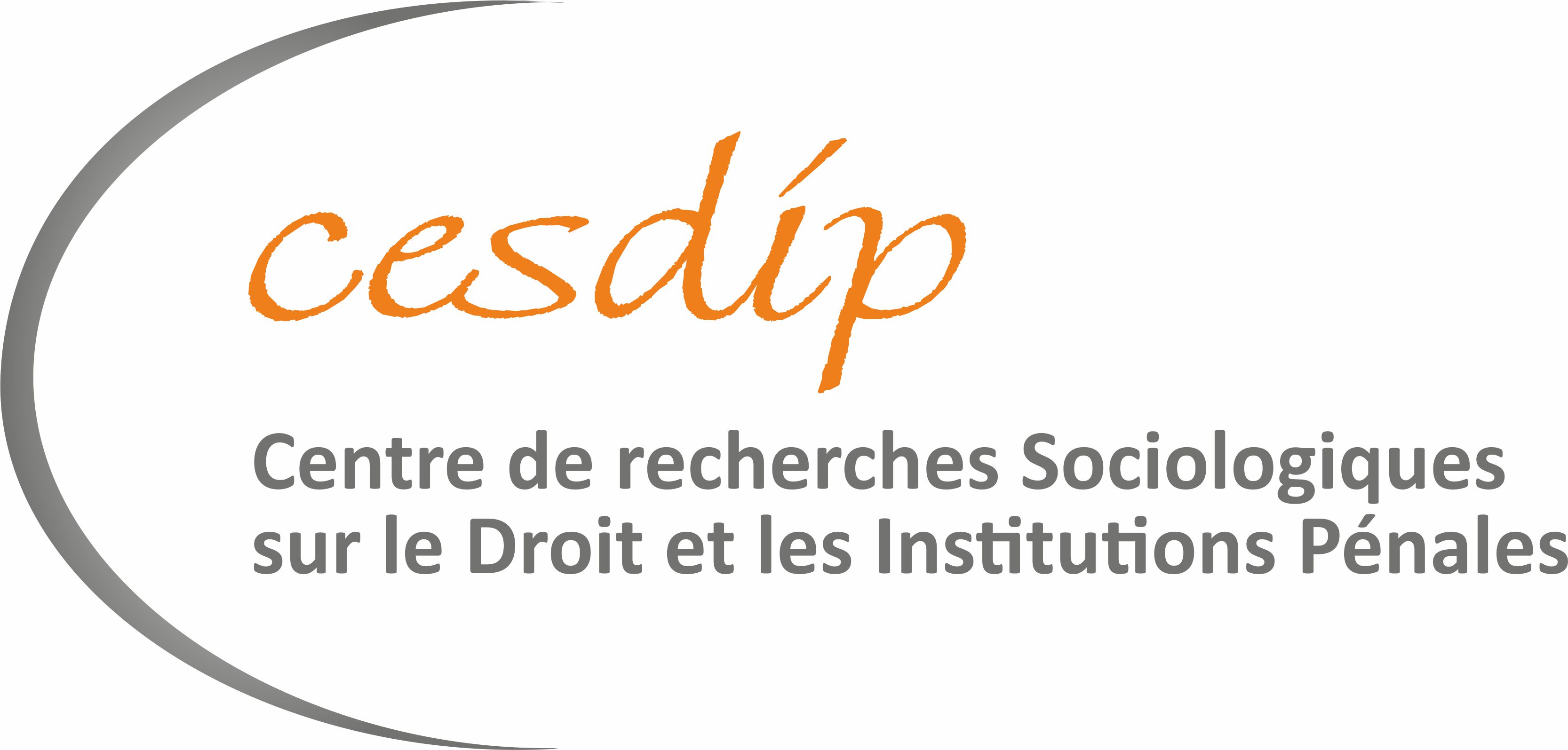by Bilel Benbouzid and Sophie Peaucellier – January 2016
Bilel Benbouzid, lecturer at the LISIS (Laboratoire Interdisciplinaire Sciences Innovations Sociétés), University Paris Est, Marne-la-Vallée and Sophie Peaucellier, research engineer at the CESDIP, discuss the findings of an analysis of banking frauds, based on data collected by the INSEE in its Living environment and security (Cadre de vie et sécurité) surveys.
The French criminal code defines fraudulent obtaining as the act of misleading a natural or legal person, thus leading such a person, to his prejudice or to the prejudice of a third party, to transfer funds, valuables or any property. In the cases studied here, the fraud takes the form of one or several debits from a bank account without the consent of the owner of the account, and affecting the entire household. Statistical analysis of data from the last three national victimisation surveys shows a definite rise in the number of victims of this type of frauds, for two reasons:
- ) for a large part because of the increase in fraudulent transactions via the Internet, which almost doubled between the 2011 and the 2013 survey, and seem to have leveled off since, according to the 2015 report by the Observatory of Payment Card Security of the Banque de France;
- ) new techniques for banking card frauds, mentioned consistently by the police and gendarmerie in their preventive communication campaigns.
Victimisation surveys enable us to take analysis beyond the quantitative estimate of the extent of the phenomenon. They provide crucial understanding of the process by which victims pass from undergoing an offence to filing a complaint. With respect to reporting, banking frauds occupy a specific position on the overall complaint-filing scene. Cardholders have no obligation to file a complaint, and banks are obliged to reimburse victims rapidly. Now, contrary to expectations, the rate of reporting for banking frauds is relatively high. The purpose of this discussion is to look at the determinants of reporting for victims with various profiles, and to attempt to understand the role of banks in this process.



